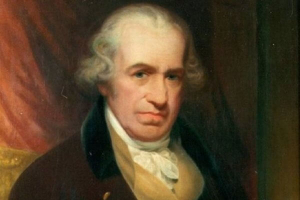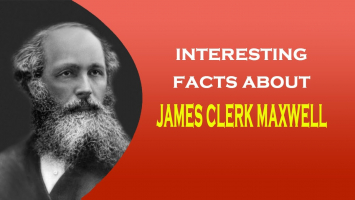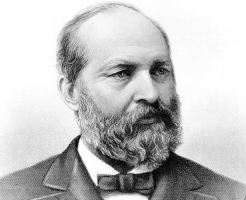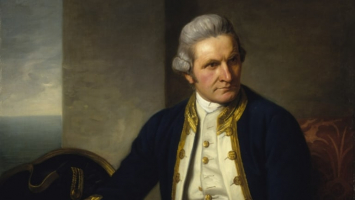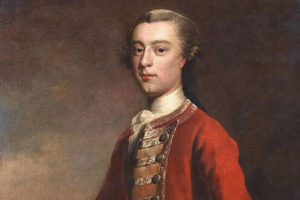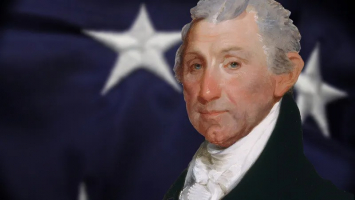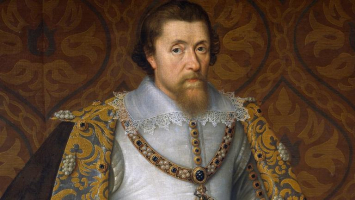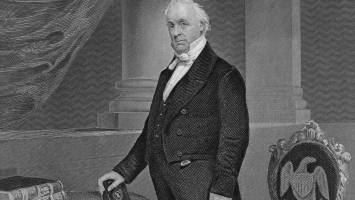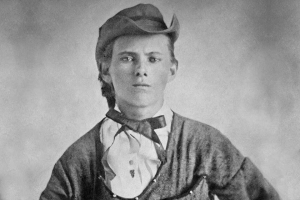Top 7 Interesting Facts About James Knox Polk
From March 1845 to March 1849, James Knox Polk presided as the country's eleventh president. He held the positions of speaker of the House of Representatives ... read more...from 1835 to 1839 and governor of Tennessee from 1839 to 1841 before winning the presidency. James Polk is recognized by many as the best one-term President of the United States, despite being the underdog who won the 1844 presidential election. Do you have any curiosity about this president? Today, let's follow Toplist to discover some interesting facts about James Knox Polk
-
In a log cabin outside of Pineville, North Carolina, James Knox Polk was born on November 2, 1795. He was the first of ten kids to be born into a farming family. His mother Jane gave him the name James Knox in honor of her father. His father Samuel Polk was of Scots-Irish ancestry and worked as a farmer, owner of slaves, and surveyor.
James' family relocated to Tennessee when he was ten years old, settling on a farm in Maury County. James, who had health issues as a child that prevented him from attending school, underwent surgery to have urinary bladder stones removed by renowned Kentucky surgeon Ephraim McDowell right before he turned 17 years old. The future president reportedly used alcohol to numb the agony, as anesthesia wasn't yet available. James had no children, therefore the surgery may have rendered him sterile or rendered him impotent. He bounced back immediately and got stronger. One of the interesting facts about James Knox Polk is the operation gave Polk, who had been sick, the opportunity to enroll in formal education for the first time. In 1813, he enrolled in a Presbyterian academy against his father's request to have him work for one of his enterprises because he desired to receive an education.
After only 2.5 years of formal education, he enrolled as a sophomore at the University of North Carolina. He was “the Latin salutatorian of his class as a graduating senior in 1818, a brilliant scholar in both the classics and mathematics”, according to Britannica. After graduating, he went back to Tennessee to continue his legal education before starting his own practice.
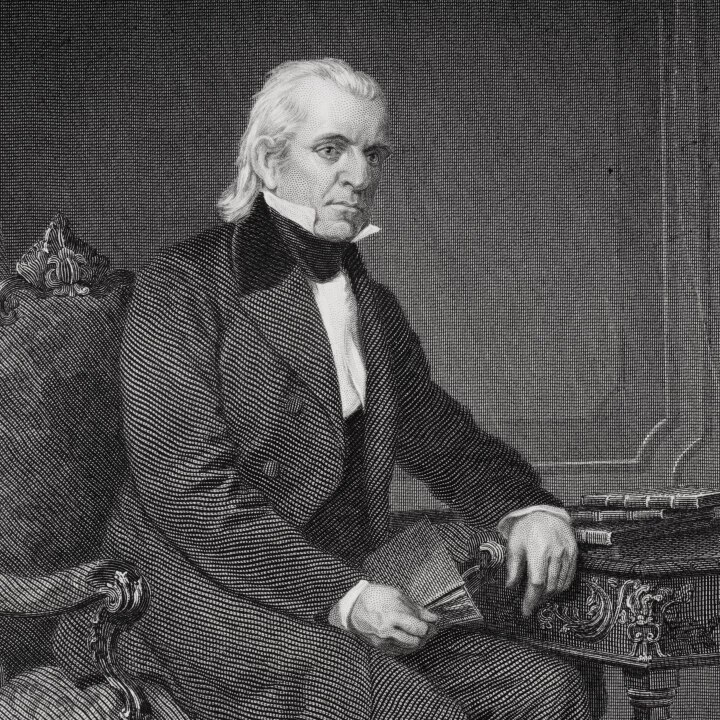
Photo: James Knox Polk - aliexpress 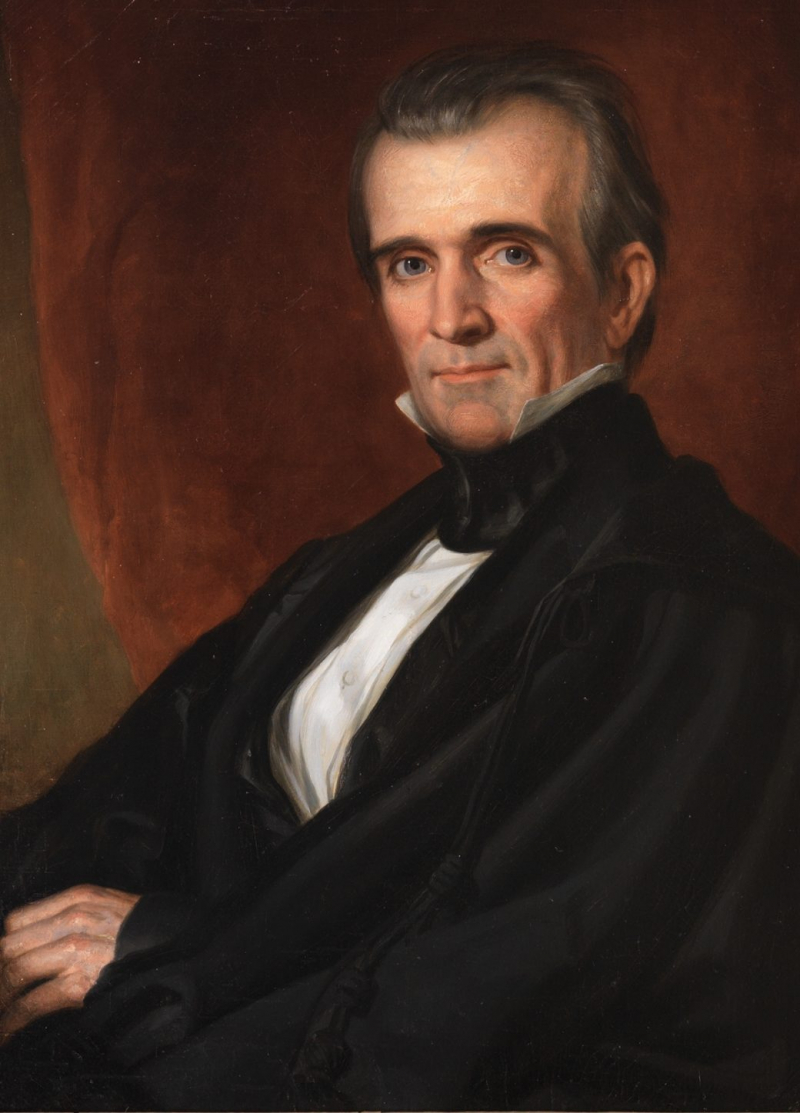
Photo: James Knox Polk - whitehousehistory -
Polk had already made up his mind to run for the Tennessee House of Representatives by the time the legislature closed its session in September 1822. He had plenty of time to campaign, as the election wasn't until August 1823, almost a year away. He was commissioned in the Tennessee militia as a captain in the cavalry unit of the 5th Brigade and was already active locally as a Mason. Later, he was given the title “Colonel” and served as the staff colonel under Governor William Carroll. The young politician ran a vigorous campaign, even though many of the voters belonged to the Polk family. Polk gained the moniker “Napoleon of the Stump” due to the popularity of his speeches. Polk defeated William Yancey at the polls when he offered his supporters alcoholic drinks. Polk won a seat in the U.S. House of Representatives in 1825.
Polk began courting Sarah Childress in early 1822; they were engaged the following year and were married on January 1st, 1824, in Murfreesboro. Sarah Polk came from one of Tennessee's most illustrious families and was significantly more educated than other women of her era, especially in frontier Tennessee. Sarah supported her husband's political career by helping him with his speeches, offering him counsel on issues of policy, and participating actively in his campaigns. Sarah Polk's grace, intelligence, and endearing discourse, according to Rawley, helped make up for her husband's frequently stern demeanor.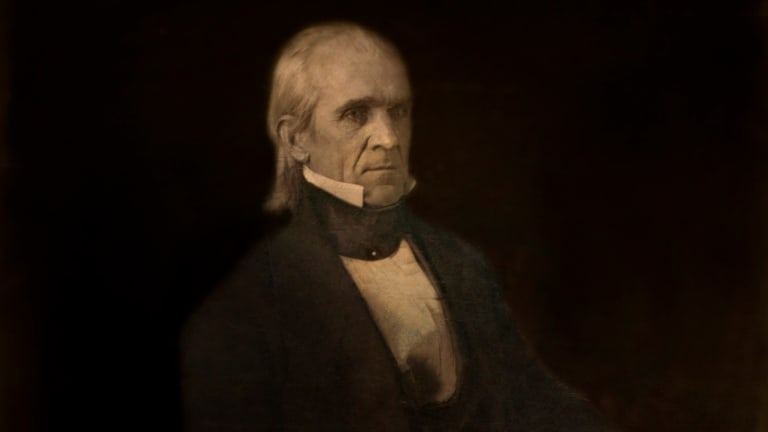
Photo: James Knox Polk - history 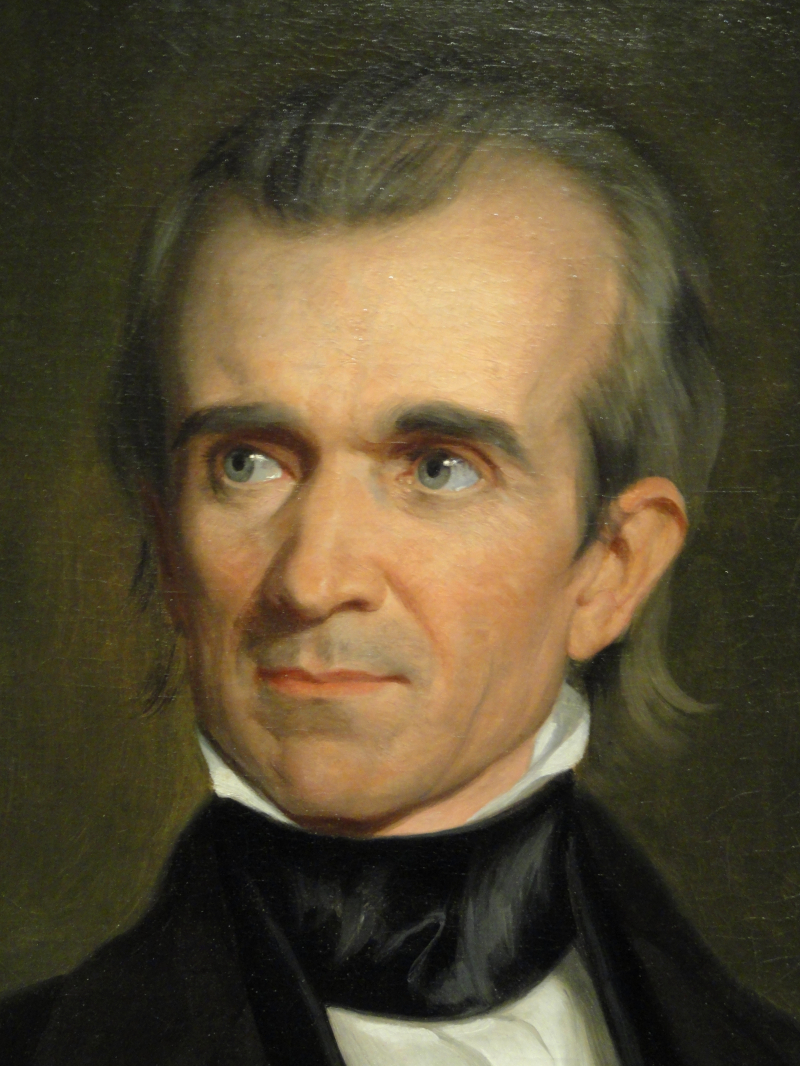
Photo: James Knox Polk - commons.wikimedia -
James Polk had failed twice in his attempts to be reelected as governor of Tennessee before the 1844 presidential election, first in 1841 when he was voted out of office and again in 1843.
He wasn't supposed to run for president in 1844, but the Democratic National Convention's delegates couldn't agree on a nominee. The Democratic Party did not support Martin Van Buren's quest for a second term as president because of his opposition to the annexation of Texas. The majority of party members thought that the way to defeat Henry Clay was to vigorously support the western expansion. One of the interesting facts about James Knox Polk is after a convention, they eventually decided to compromise by picking a “dark horse” candidate: Polk.
Polk was a relative nobody despite serving in Congress seven times, serving as Speaker of the House once, and serving as Governor once. Henry Clay, his rival, regretted that Democrats had not chosen someone “better deserving of a struggle”. Despite the doubts, Polk faced Henry Clay in the presidential race, and despite the fact that they both garnered 50% of the popular vote, Polk won by 170 electoral votes to Clay's 275.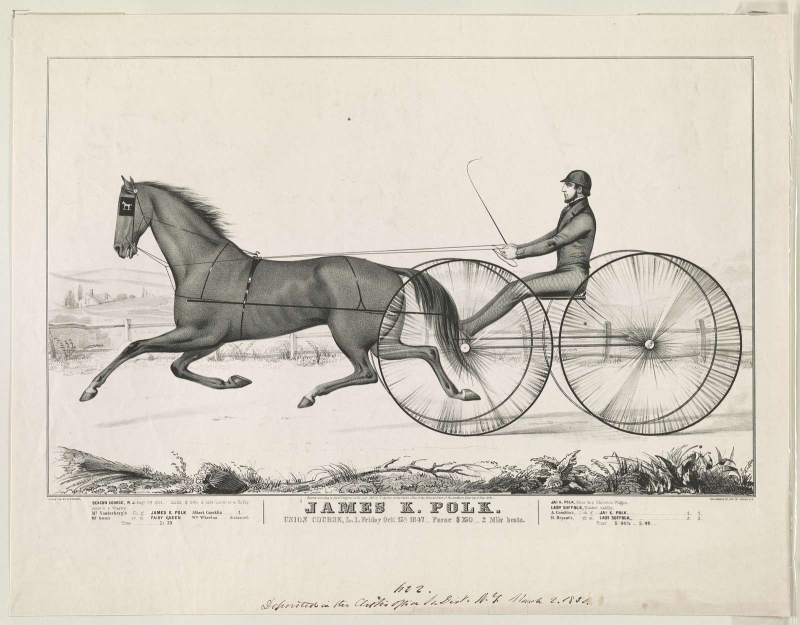
Photo: Dark Hours Candidate : Polk - picryl 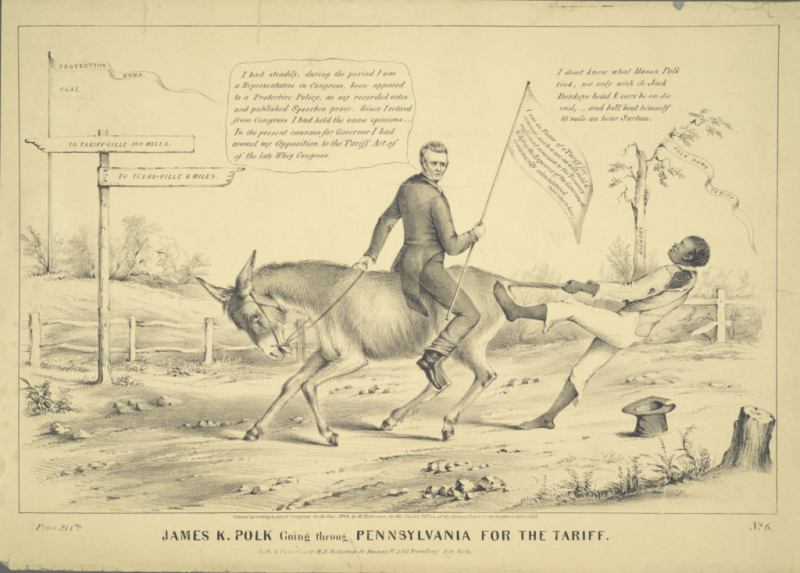
ames K. Polk going through Pennsylvania Photo By Cornell University Library – Wikimedia Commons -
Polk declared in a letter to Cave Johnson that “I plan to be myself President of the United States” before ever taking office. He would have a reputation for being a hard worker who would regularly spend ten to twelve hours at his desk without leaving Washington. He didn't often take a day off. Not only that, but he only took 27 days off during his time as president.
Polk penned, “A president who diligently and responsibly discharges his duties cannot have any downtime. My responsibilities are extremely heavy since I want to personally oversee all government operations rather than delegating responsibility for doing official business to others”. Polk became the youngest president to that point when he took office on March 4, 1845, at the age of 49. Polk's inauguration was the first presidential inauguration to be covered by the telegraph and included in a newspaper graphic (in The Illustrated London News).
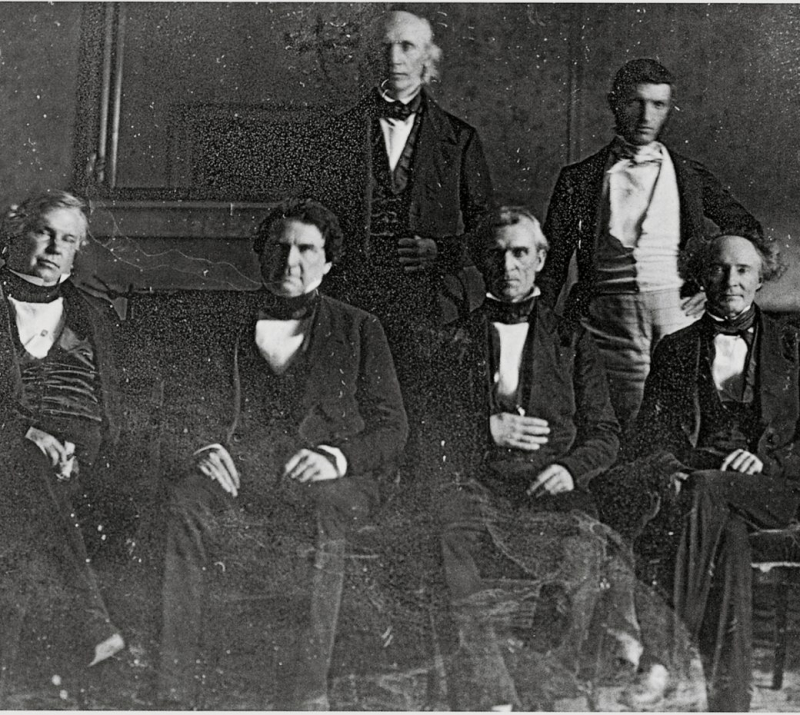
Photo: Polk's Cabinet - whitehousehistory 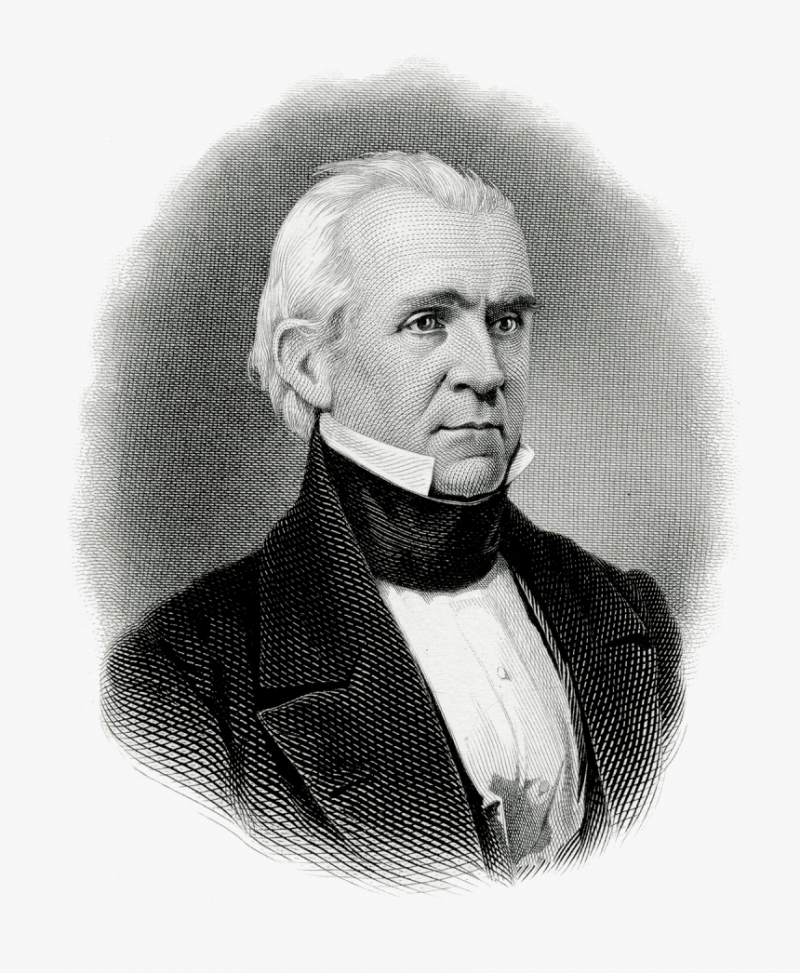
Photo: James Knox Polk - kindpng -
British and American settlers co-occupied the Pacific Northwest during the beginning of the 19th century. However, as the century went on, Americans started to outnumber the British and started to feel more and more like the true owners of the “Oregon Country”. Fortunately, neither nation was eager to engage in a land war. Polk was successful in acquiring the disputed region once in power after promising during his presidential campaign to resolve the border dispute with the British.
Although both the British and Americans jointly controlled the territory, Polk's followers pushed for “fifty-four forty or fight” in relation to the northernmost latitude of Oregon nation because the US sought to keep the west coast of North America to itself. Polk and the British created a line in 1846 at the 49th parallel, which is today the border between Washington State and Canada (with some adjustments made for Vancouver Island). As a result, the US gained its first undisputed stretch of Pacific coastline.
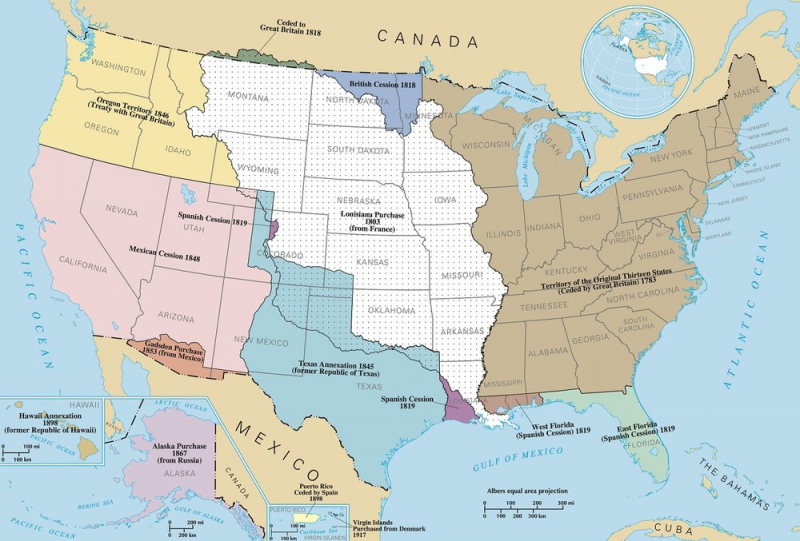
Photo: Manifest Destiny And President James Polk - parkspresidentsandparks 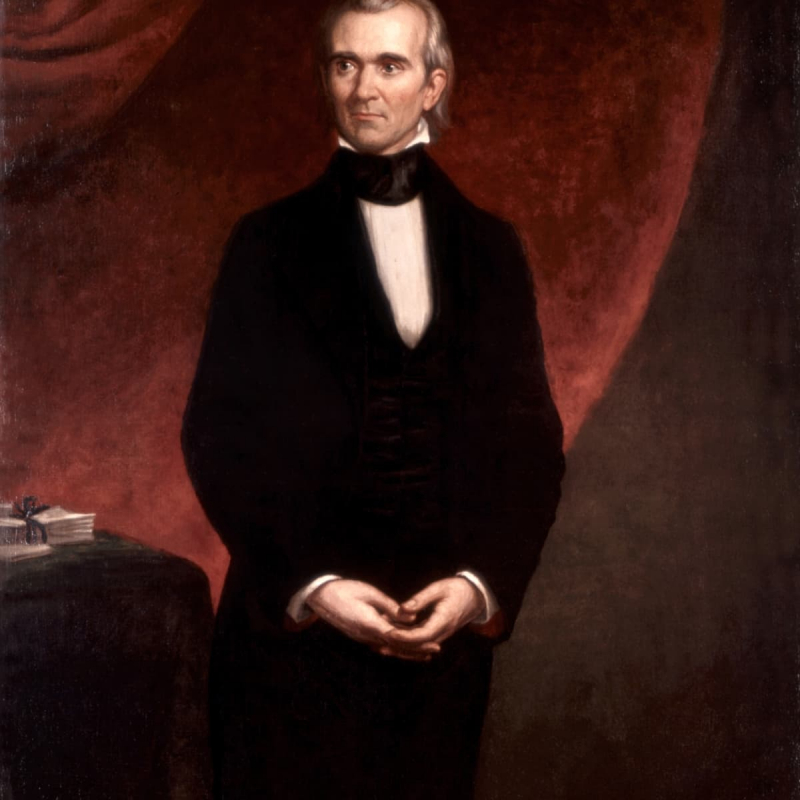
Photo: James K. Polk: 11th President: The Dark Horse - owlcation -
The debate over how these new territories would change the balance of power between free and slave states raged when Polk's government started expanding westward. Polk, who saw slavery as a minor issue, didn't spend much time or energy on the argument. (Probably due to his own history with slavery. He brought more than 20 slaves to the White House under his ownership.) Polk's ambivalence contributed to so much strife that historians today view his quick westward push as the start of the Civil War.
Polk, like other people of his era, failed “to understand that sectionalism and expansion had formed a new, explosive compound”, according to Pletcher. Polk “lacked a far-seeing awareness of the problems that were bound to arise over the status of slavery in the territory acquired from Mexico”, Fred I said. Greenstein wrote in his journal article on Polk. Polk's “that Polk's deep personal involvement in the plantation slavery system ... colored his stance on slavery-related issues” according to William Dusinberre in his book on Polk as a slave owner.

Photo: American Civil War - steamcommunity 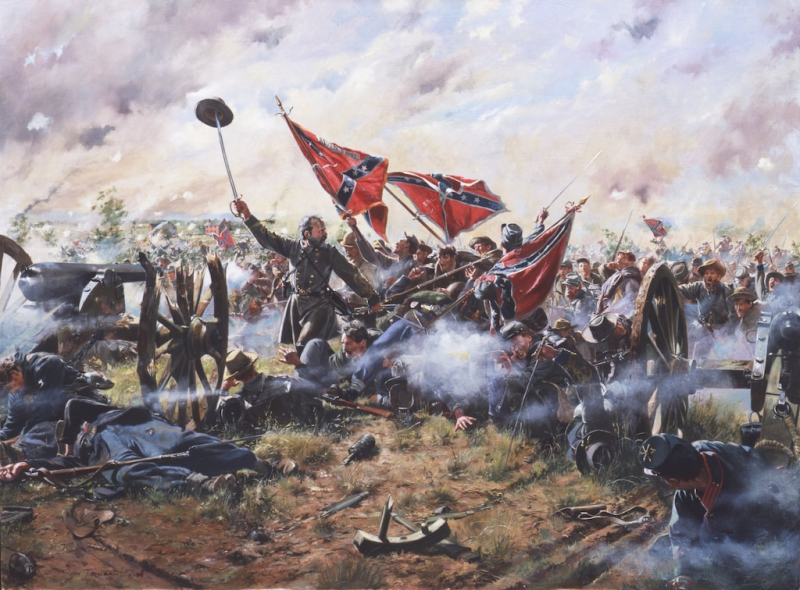
Photo: American Civil War - steamcommunity -
Polk decided to retire after serving his one-term as president in 1849, but he passed only three months later at the age of 53. He allegedly passed away from cholera after receiving medical care that was counterproductive. In the age of 53, Polk passed away at his Polk Place residence in Nashville, Tennessee. As a result, he would have the quickest retirement of any US president.
Despite being married for 25 years, James Polk never had any children. It is often acknowledged that the early surgery rendered him sterile. Traditional versions claim that his final words to Sarah Polk were, “I love you, Sarah, for all eternity, I adore you”. Borneman observed that regardless of whether the words were spoken, nothing in Polk's life would make them untrue. James Polk and his wife were the only presidential couple not have children while together.
The president was hurriedly interred in a city cemetery on the outskirts of Nashville, since he passed away from an infectious sickness. He was reburied next to Polk Place, his Nashville house, several months later. His burial was once more moved to the grounds of the state Capitol in 1893. The decision to relocate Polk's remains a fourth time, to his former family home in Columbia, Tennessee, is currently being fiercely debated by Tennessee legislators.
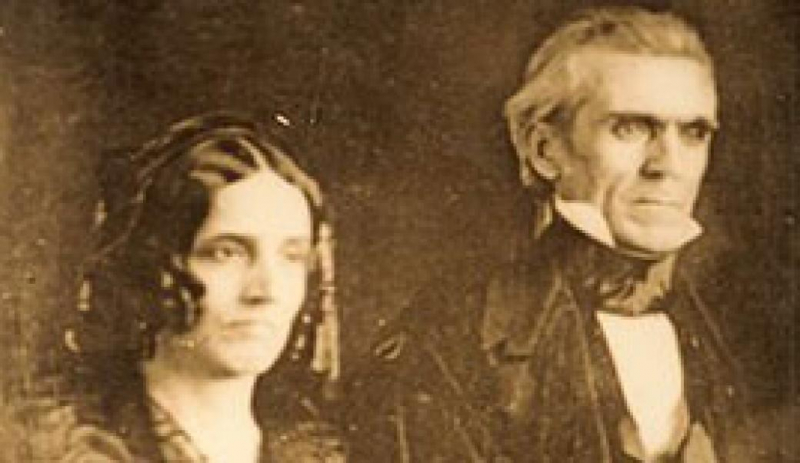
Photo: James Knox Polk and His Wife - millercenter 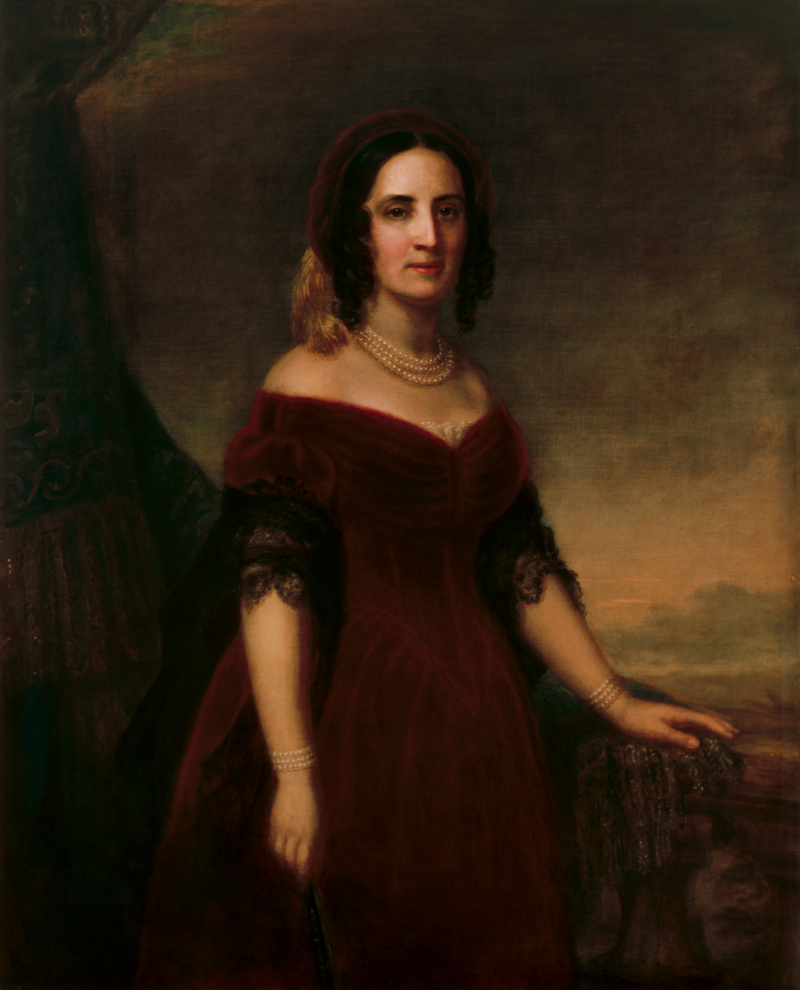
Photo: James Knox Polk's Wife - wikipedia









